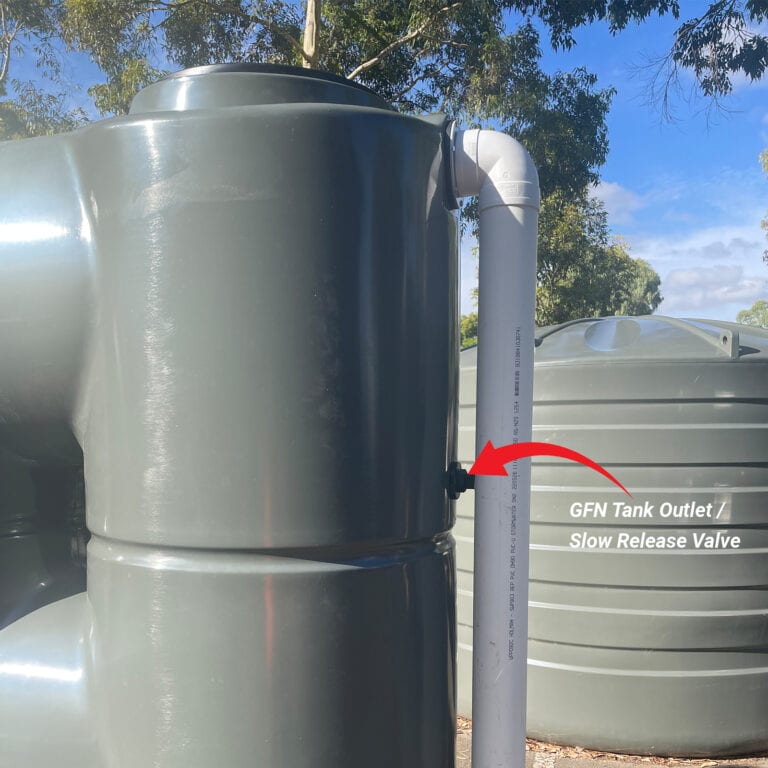Checking Out the Numerous Uses Rainwater Storage Tanks for Residential and Commercial Properties
As the global emphasis on lasting living methods continues to increase, the use of rain storage tanks in both domestic and commercial settings has arised as an important service. The multifaceted uses of rain storage tanks present an engaging situation for their adoption, not just as a sensible water-saving procedure however also as a testimony to accountable resource administration.
Benefits of Making Use Of Rain Tanks
Utilizing rain tanks supplies countless benefits for both homes and areas in terms of water preservation and sustainability. Among the key advantages of using rainwater tanks is the substantial reduction in dependence on mains water - Slimline water tanks. By catching and saving rainwater for later usage, individuals and areas can reduce their need for cured water, eventually easing the problem on water treatment centers and reducing power usage related to water transport and therapy
Moreover, rainwater collecting with tanks supplies a dependable alternate water resource during times of water limitations or scarcities. This stored rainwater can be made use of for various non-potable functions such as watering, flushing bathrooms, and cleaning garments, decreasing the stress on traditional water resources. In addition, using rainwater storage tanks can bring about cost savings for both families and areas by lowering water bills and reducing the demand for pricey infrastructure expansions to satisfy growing water needs.
Fundamentally, the usage of rainwater storage tanks uses a lasting and eco-friendly approach to water administration, profiting both specific users and the broader community in terms of water conservation, cost-efficiency, and resilience.
Rainwater Tank Usage in Irrigation
Given the benefits of rainwater tanks in conserving water resources and decreasing reliance on mains water system, a substantial application depends on making use of saved rain for watering functions - Slimline water tanks. Rain harvesting systems can efficiently gather and store rain, providing a lasting water resource for sprinkling gardens, grass, and farming areas. By utilizing rainwater for irrigation, residential property proprietors can decrease their dependence on treated water sources, leading to set you back financial savings and environmental benefits

One of the main benefits of utilizing rainwater for irrigation is its pureness. Rainwater is naturally soft and complimentary from the chemicals and additives typically found in mains water, making it optimal for nourishing plants without the threat of harmful impacts. Additionally, rainwater goes to ambient temperature level, which can benefit plant growth by preventing temperature level shocks that can take place with cold mains water.
Rainwater Storage Tanks for Commode Flushing

Implementing rain storage tanks for toilet flushing is a cost-efficient and eco-friendly technique that can be quickly incorporated into both residential and commercial properties. The redirected here stored rain can be utilized to purge bathrooms by attaching the tank to the existing pipes system. This basic yet effective solution can substantially decrease water usage in a structure, especially in locations where water scarcity is a worry.

Integrating Rainwater Tanks in Landscaping
These containers can catch and save rainwater drainage from roofing systems, which can after that be utilized for sprinkling gardens, grass, and plants. By using rain for irrigation objectives, residential or commercial property proprietors can decrease their reliance on metropolitan water sources, leading to set you back financial savings and conservation of priceless water resources.
Along with providing a sustainable water resource for landscape design needs, rain tanks can also aid in managing stormwater overflow. By recording rain that would otherwise flow right into tornado drains, these storage tanks can minimize erosion, decrease flooding threats, and protect against contamination of all-natural water bodies. Including rainwater containers in landscape design can add to the overall aesthetic appeal of the residential property, showcasing a dedication to ecological stewardship.
Business Applications of Rainwater Tanks
Using rainwater storage tanks in industrial setups uses a lasting remedy for water monitoring and preservation, profiting businesses and the atmosphere alike. Business applications of rainwater containers are diverse and progressively prominent because of the cost savings and environmental advantages they supply. One crucial industrial use is for irrigation purposes, where harvested rainwater can be helpful resources made use of to water landscape design, yards, and farming fields surrounding commercial buildings. This can bring about considerable reductions in water bills and dependence on metropolitan water sources.
Furthermore, rain collected in containers can be treated and utilized for non-potable objectives within commercial residential properties, such as flushing toilets, cleaning, and cooling systems. Generally, the unification of rain tanks in commercial setups offers a practical and environmentally accountable technique to water monitoring.
Verdict
Finally, rainwater tanks provide many advantages for both residential and commercial homes. From irrigation to bathroom flushing and landscape design, the usage of rain storage tanks can assist save water resources and decrease water bills. Additionally, integrating rainwater tanks in commercial important site settings can result in significant cost financial savings and environmental benefits. Overall, the flexibility and sustainability of rainwater tanks make them a valuable financial investment for any kind of homeowner looking to raise water performance.